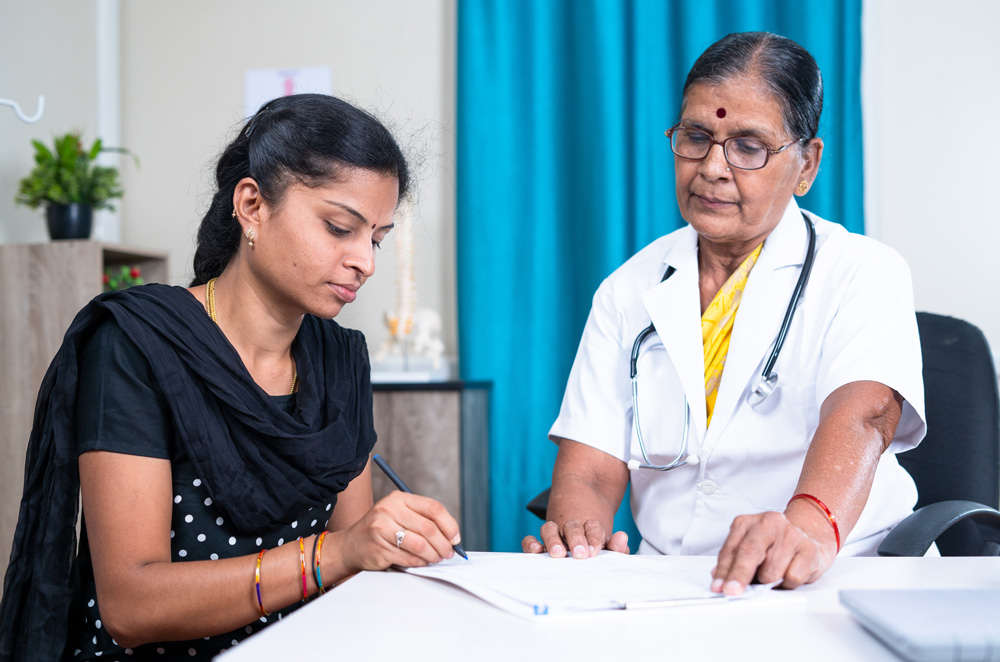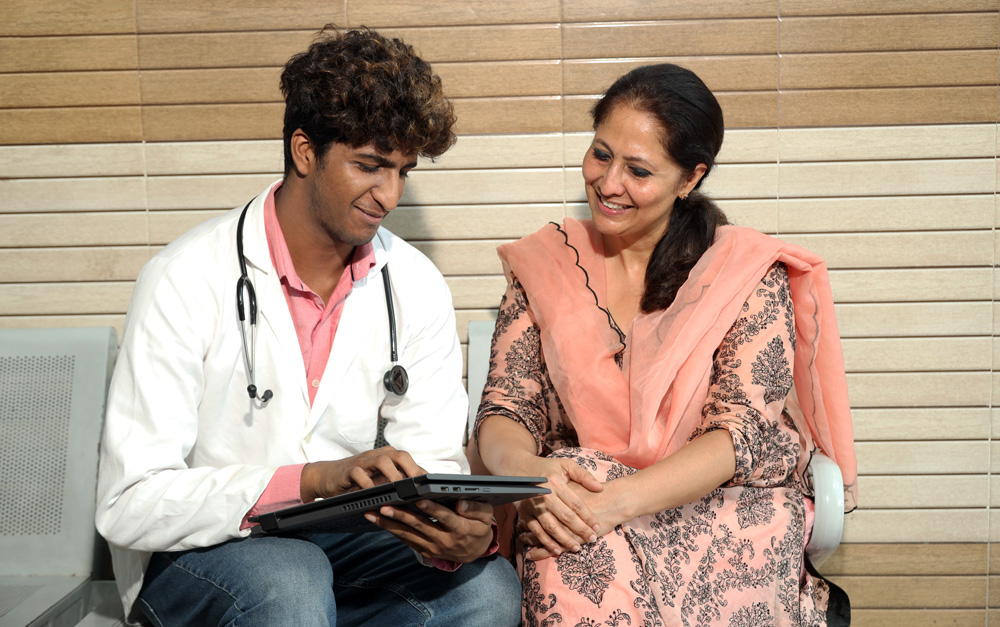Priya, a digital marketing professional living in Noida, leads a hectic life. Her demanding job leaves her constantly stressed. Originally from Mumbai, Priya's parents still live there, so she doesn’t have family nearby. Recently, Priya fainted at her office and was rushed to a nearby hospital. With no family in the city, her colleague and friend Mayank stayed by her side for the next few days, providing crucial support.
Priya’s journey to her current position began with a modest-paying job. She found it difficult to save money due to the high cost of living, making savings and health insurance seem out of reach.
Priya was fortunate to have a friend like Mayank, who not only stayed with her, but also took care of her hospital bills. This experience made her realise that despite being young, healthy, and a regular gym-goer, she needed health insurance. The hospital bills could have plunged her into significant debt.
Although Priya needed to rest for the next 15 days, the burden of repaying the hospital bills added stress to her already challenging situation. Once she recovered, Priya researched her options and decided to invest in health insurance, ensuring she would be better prepared for any future medical emergencies.

Beyond Common Health Threats
Working women face unique challenges that require specialised healthcare. Balancing work and family life can lead to chronic stress, causing health issues such as anxiety, depression, high blood pressure, and heart problems. Long commutes and demanding work schedules can worsen reproductive health issues, including irregular periods, polycystic ovary syndrome (PCOS), and complications during pregnancy.
Studies like the National Family Health Survey 5 (NFHS-5) and the Indian Council of Medical Research (ICMR) show concerning health trends among Indian women. NFHS-5 data reveals high instances of anaemia, high blood sugar, and hypertension among women aged 15-49. Lifestyle factors further increase the risks of heart disease, while reproductive issues like menopause, PCOS, and gestational diabetes raise the chances of heart-related problems.

How Health Insurance Helps
Comprehensive Coverage
Health insurance tailored for women ensures access to quality healthcare and provides peace of mind during medical emergencies. This coverage extends beyond general health concerns to include specialised provisions for pregnancy-related expenses, cancer treatments, gynecological surgeries, and preventive healthcare.
Maternity coverage is especially important, offering financial support for prenatal care, hospital stays during delivery, and postnatal care, including coverage for newborns. Given the rising incidences of breast and cervical cancer, specialised coverage for these critical illnesses, including tests, surgery, and chemotherapy, is essential. Additionally, coverage for gynecological surgeries addressing conditions like fibroids, ovarian cysts, and procedures like hysterectomies is vital for safeguarding women's health and financial stability.

Wellness Programmes
Health insurance policies for women often include features like rewards and incentives to encourage proactive healthcare. These programmes offer discounts and rewards for maintaining a healthy lifestyle, undergoing regular check-ups, and engaging in preventive care. By promoting healthy behaviours, these initiatives empower women to prioritise their health and well-being.
Digital Convenience
The digital transformation of the insurance sector has made it easier for women to access and manage their health insurance. Through dedicated apps and online platforms, women can easily purchase and manage their policies, access telehealth services, and seek wellness advice at their convenience. This digital accessibility simplifies managing health insurance benefits, allowing women to focus on their health without added stress.

Financial Security And Peace Of Mind
A health insurance policy tailored for women not only provides comprehensive coverage for various healthcare needs but also offers invaluable financial security and peace of mind. By ensuring access to quality healthcare, women can handle medical emergencies with confidence, knowing that their health needs are covered.

Despite the progress in expanding health insurance coverage, significant gaps persist, with many lacking adequate access to healthcare. Women must proactively educate themselves about the importance of comprehensive health insurance and include it in their financial planning to avoid medical emergencies that could jeopardise their lives and finances.